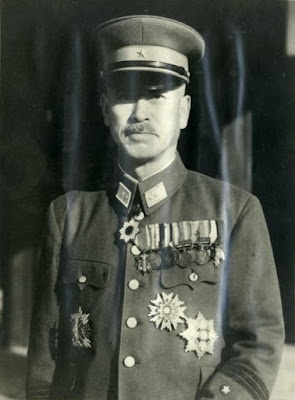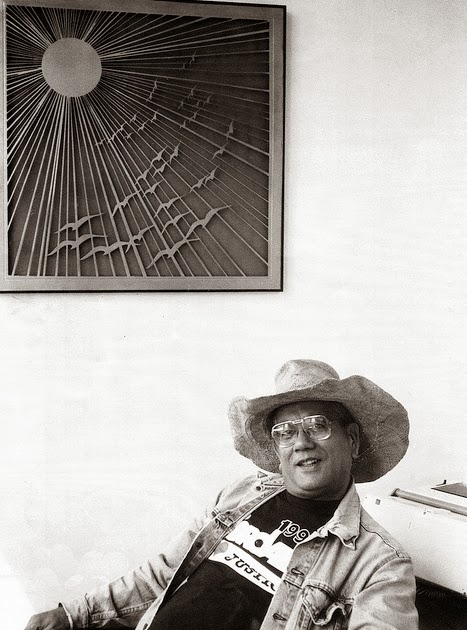Guam and Greenland

Over the years I've heard International Expert on Self-Goverance and Decolonization Carlyle Corbin mention Greenland in the context of Guam. For most on Guam, it might seem like the only things Greenland and Guam might have in common is they are both islands and their names start with G. But their possible connections are much deeper than that, as both are homes to indigenous people, both are sites of colonialism and both exist in a political state that isn't considered to be the norm in today's fraternity of nations. Below are some articles that might help make those connections for people. ************************* Greenland, Victim of Denmark's Linguistic Colonialism Noa Agnete Metz Worldcrunch 4/27/17 COPENHAGEN — In the picturesque Danish capital, it's easy to overlook the men lying on public benches with a beer in hand, or assume they're immigrants from Southern Europe. Listen carefully, though, and you'll notice that they speak fluent D



